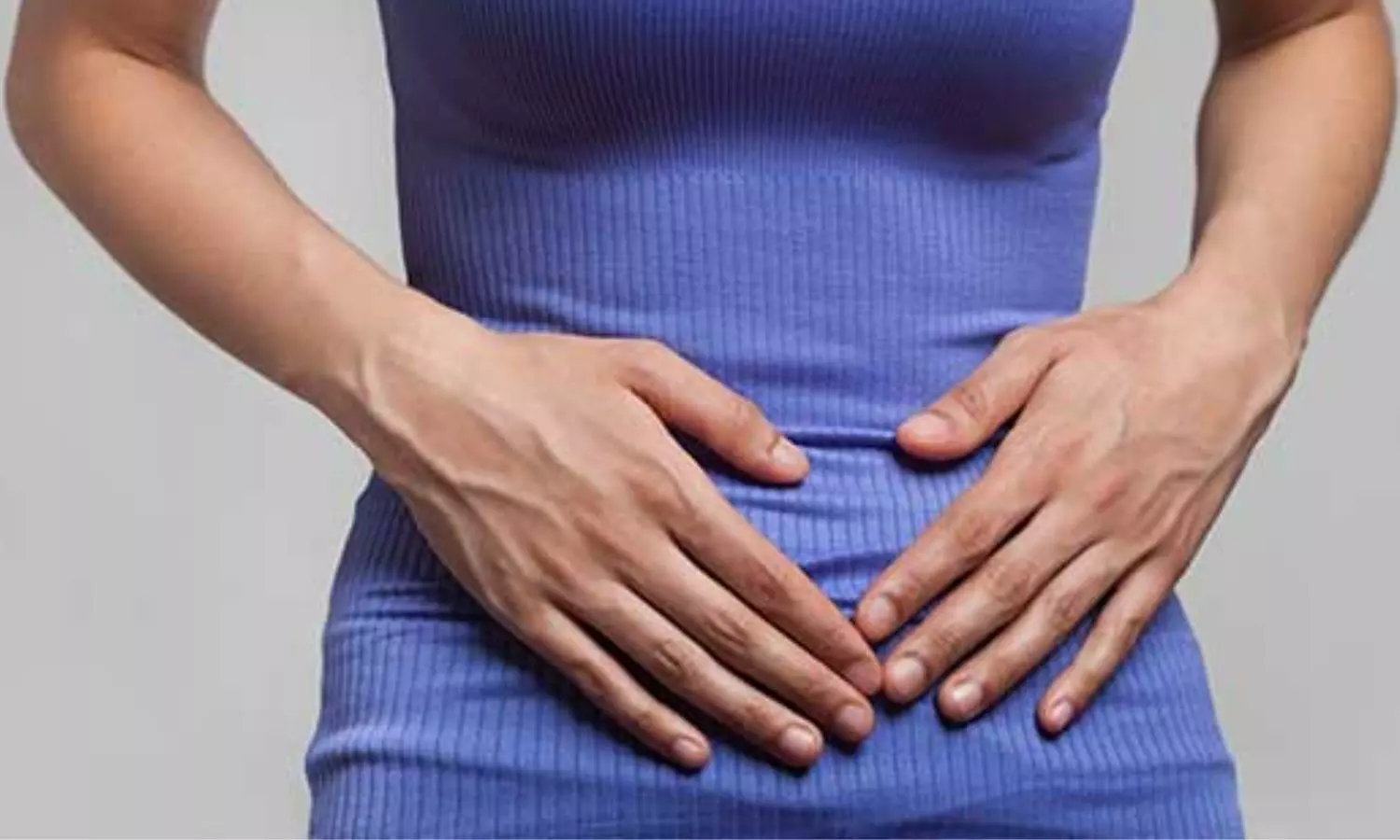Serum Vitamin D Key Marker for Early Continence Recovery After Radical Prostatectomy: Study

A new study published in the Canadian Urological Association Journal found serum vitamin D levels to play a crucial role in regaining continence in the early period after radical prostatectomy.
One of the main surgical side effects that significantly lowers a patient’s quality of life is post-prostatectomy incontinence (PPI). Vitamin D receptors in the pelvic floor’s striated muscles were discovered to diminish with age. Vitamin D receptors in the pelvic floor’s striated muscles were discovered to diminish with age.
According to studies, vitamin D supplements also have a favorable impact on male lower urinary tract symptoms (LUTS) and female urine incontinence. The purpose of this study was to determine if vitamin D levels and post-prostatectomy incontinence are related. The study’s population consisted of patients who had robotic radical prostatectomy performed in a tertiary facility and comprised patients whose blood vitamin D levels were assessed three months prior to robotic radical prostatectomy.
At 1, 3, 6, and 12 months after surgery, the continuity status was noted. Either no pee leak or utilizing a pad to feel safe against possible slight leakage was considered urinary continence. Based on their continence state at the 12th postoperative month, the patients were split into two groups: PPI patients and continent patients. Serum vitamin D levels, previously identified PPI risk variables, and patient characteristics were compared between the groups.
There were a total of 318 patients in the total research group with the PPI rate being 14.5%. Propensity score matching was used since group 2’s mean age, body mass index, and prostate volume were all considerably greater than group 1’s. Serum vitamin D levels were higher in group 1 than in group 2 at the 12th postoperative month before and after propensity score matching, but there was no statistically significant difference.
At 1, 3, and 6 months postoperatively, however, serum vitamin D levels were significantly higher in continent patients than incontinent patients following propensity score matching. Overall, serum vitamin D has been found to have no positive impact on long-term PPI. But in the early stages, it could be a crucial indicator for restoring continence.
Source:
Şam, E., Söğütdelen, E., Akkaş, F., Şeker, K. G., Özlü, D. N., & Güner, E. (2025). Can preoperative vitamin D level be a predictive factor for continence after radical prostatectomy? Journal de l’Association Des Urologues Du Canada [Canadian Urological Association Journal]. https://doi.org/10.5489/cuaj.8999
